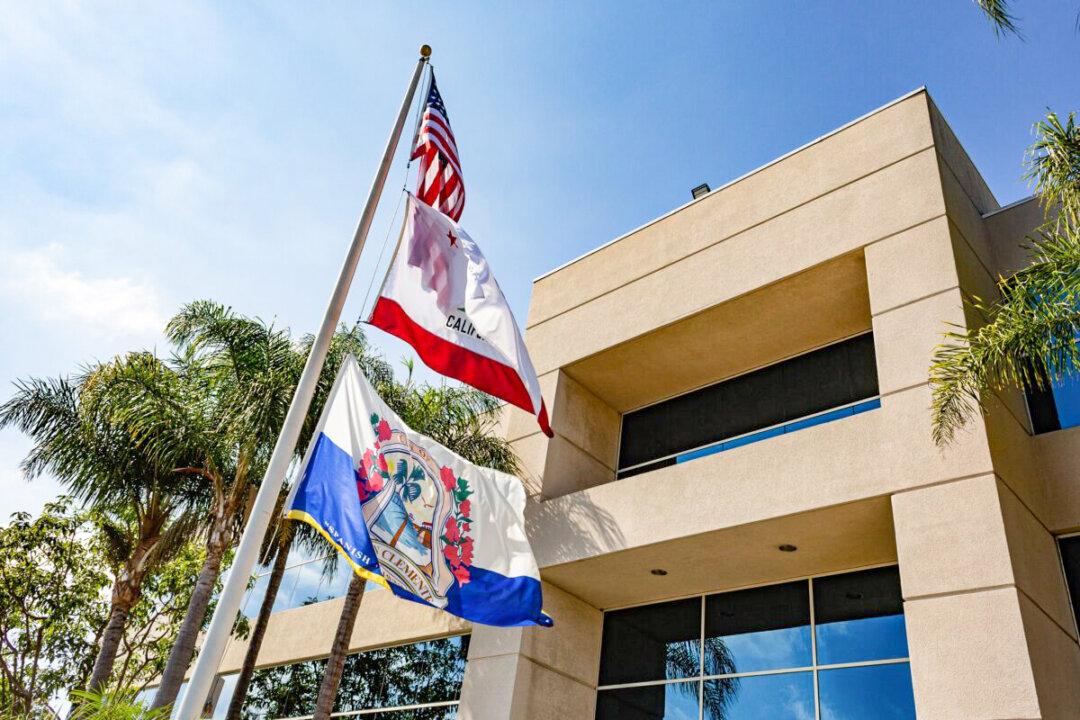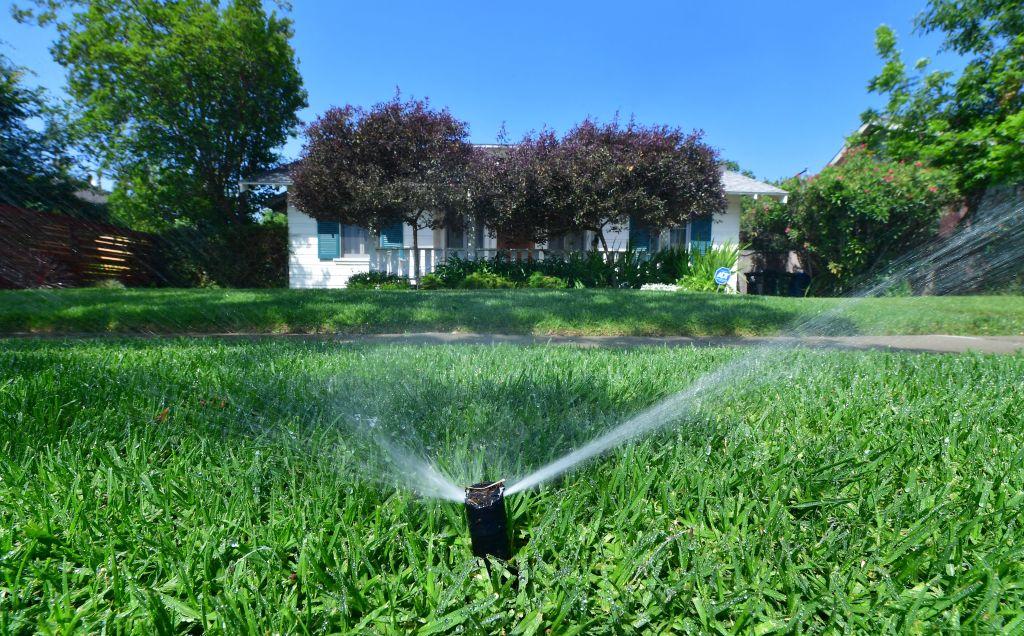Owners of commercial harbor craft—like tugboats, ferries, and private charter boats—are expressing concern over California’s new regulation that requires commercial vessels to have cleaner engines.
The regulation, which takes effect in 2023, sets stricter requirements for the types of engines—newer, less-polluting engines—allowed near California’s coast. The regulation will be rolled out in phases, whereby in 2025, commercial harbor engines must fully transition to zero-emission.





